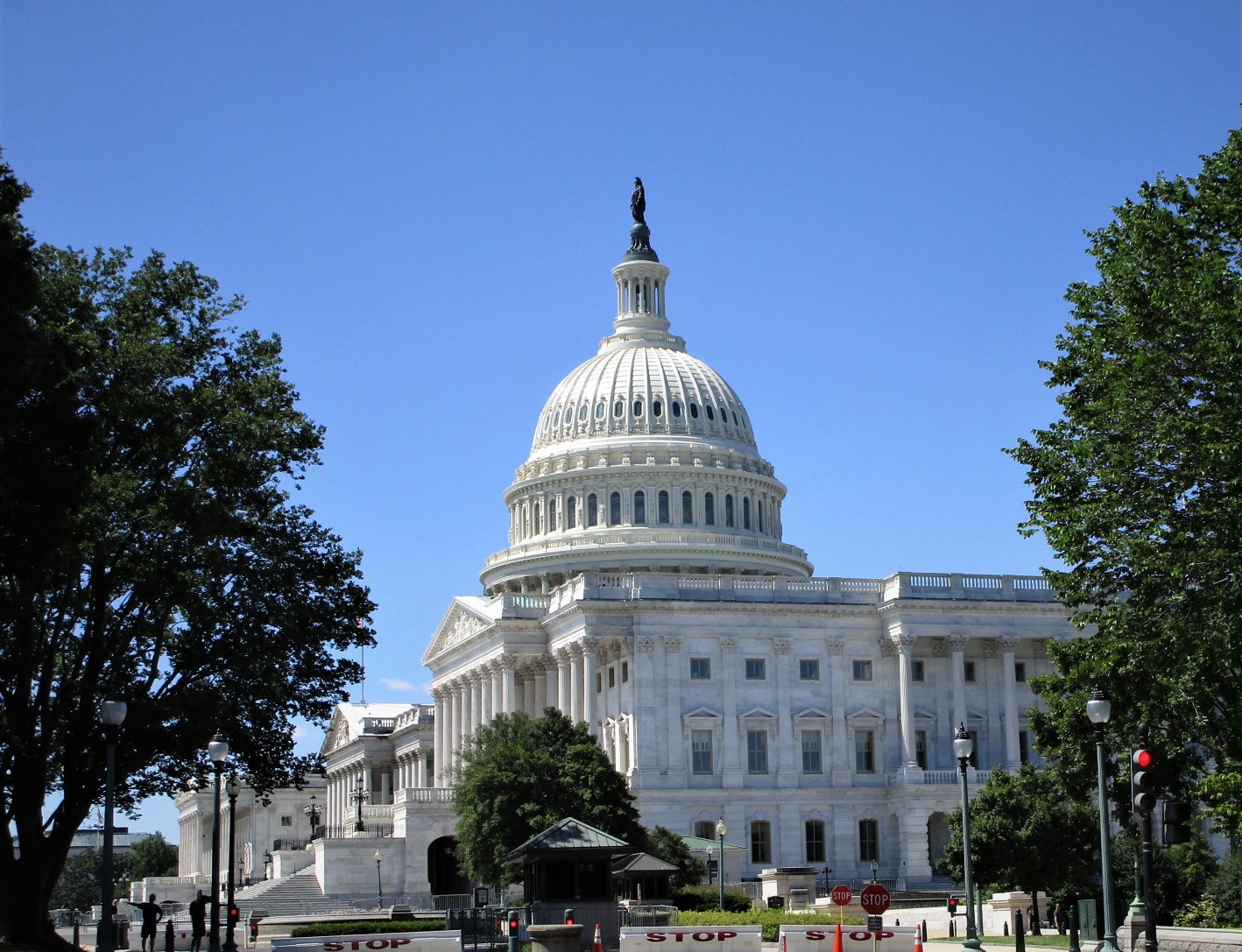House E&C Extends Suspect Tech Ban to Non-Subsidized Nets
Among raft of bills approved by committee

The smarter way to stay on top of the multichannel video marketplace. Sign up below.
You are now subscribed
Your newsletter sign-up was successful
The House Energy & Commerce Committee Wednesday (July 21) approved a bunch of bills meant to promote cybersecurity and network supply chains, including one--the Secure Equipment Act of 2021--extending the FCC's ban on using tech from suspect Chinese suppliers.
The bills now go to the House for a vote.
The FCC, under its own initiative and with the direction of Congress in the Secure and Trusted Communications Act, published a list of tech suppliers deemed national security threats and prohibited the use of federal funds for telecom networks using that tech--the highest profile companies on that list were Huawei and ZTE.
Currently, the FCC is disallowing the use of technology from Huawei, ZTE, Hytera, Hikvision, and Dahua in U.S. broadband networks built out with government subsidy money. The bipartisan bill, introduced by introduced by Rep. Anna G. Eshoo (D-Calif.) and House Republican Whip Steve Scalise (R-La.), extends that to the use of those in any U.S. network by prohibiting the FCC from reviewing or providing licenses for new equipment from companies on that FCC list of national security threats.
Also Read: New Bill Would Ban Suspect Tech from All U.S. Nets
But while the FCC's ban includes a funded "rip-and-replace" program for scrubbing the Chinese-backed tech from existing networks, the bill only applies retroactively, meaning nets not built with government money don't have to rip or replace, but going forward are disallowed from using those suppliers, or others the FCC may identify as threats to network--and national-security.
A similar bipartisan bill was introduced in the Senate by Sens. Marco Rubio (R-Fla.) and Ed Markey (D-Mass.).
The smarter way to stay on top of the multichannel video marketplace. Sign up below.
Also Read: FCC Ups Rip-and-Replace Funding Cap
That was just one of eight cybersecurity bills approved by the Committee. Also approved were:
H.R. 2685, the “Understanding Cybersecurity of Mobile Networks Act,” which requires the National Telecommunications and Information Administration (NTIA), the Biden Administration's chief telecom policy advisory arm, to study and report on the cybersecurity of mobile broadband nets and their susceptibility to attacks and surveillance by "adversaries."
H.R. 4028, the “Information and Communication Technology Strategy Act, which would direct the Secretary of Commerce to report to Congress on the state of the economic competitiveness of the trusted vendors the U.S. will rely on to replace the untrusted ones being weeded out of U.S. nets and how the government can help insure their competitiveness. China has helped insure the competitiveness of untrusted nets by subsidizing their tech giants.
H.R. 4032, the “Open RAN Outreach Act,” which directs NTIA to reach out and help small network providers who want to offer Open-RAN (ORAN) networks and other open architectures.
Also Read: Senators Ask Biden for $3 Billion for ORAN Alternative to Chinese Tech
H.R. 4045, the “Future Uses of Technology Upholding Reliable and Enhanced Networks (FUTURE Networks) Act," which would require the FCC to study 6G networks, with members of a 6G task force appointed by the FCC chair and reporting back to Congress on its finding.
H.R. 4046, the “NTIA Policy and Cybersecurity Coordination Act,” which would authorize the NTIA's Office of Policy Analysis and Development and re-christen it the Office of Policy Development and Cybersecurity. The Office administers the network security information sharing program established by Congress in the Secure and Trusted Communications Act.
H.R. 4067, the “Communications Security Advisory Act of 2021,” which would codify the FCC's Communications Security, Reliability, and Interoperability Council and require biennial reporting to the FCC and public on how to improve communications network.
H.R. 4055, the “American Cybersecurity Literacy Act,” which would require NTIA to educate the public about cybersecurity risks and best practices.
All the bills were approved by voice vote, meaning no roll call of who voted how was taken.
“Today I am proud that the Energy and Commerce Committee came together to pass urgently needed legislation that will promote more secure networks and supply chains, bringing us one step closer to a safer and more secure wireless future," said House E&C chairman Frank Pallone Jr. (D-N.J.).
Contributing editor John Eggerton has been an editor and/or writer on media regulation, legislation and policy for over four decades, including covering the FCC, FTC, Congress, the major media trade associations, and the federal courts. In addition to Multichannel News and Broadcasting + Cable, his work has appeared in Radio World, TV Technology, TV Fax, This Week in Consumer Electronics, Variety and the Encyclopedia Britannica.

